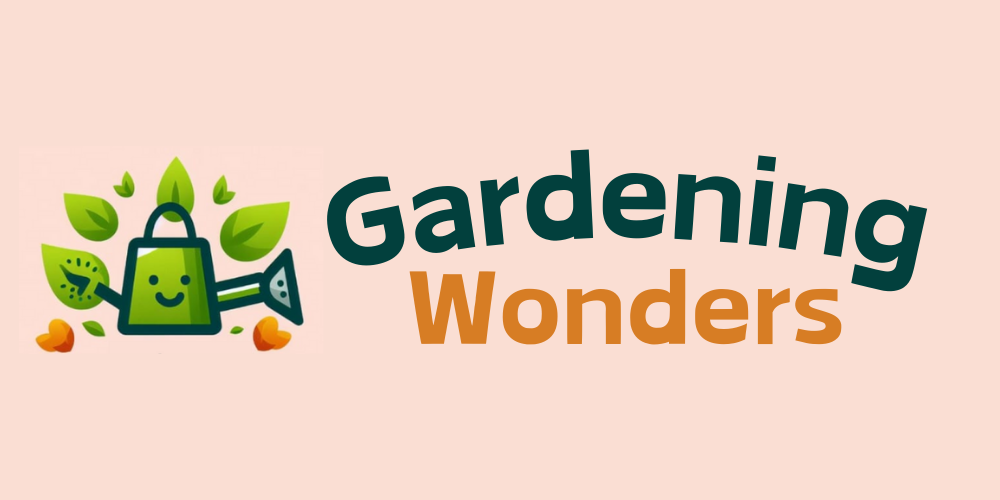Gardening is a wonderful and rewarding activity that allows you to connect with nature and cultivate your own food and flowers.
Whether you are a complete beginner or have some experience with gardening, there are certain basics that you should know in order to create a healthy and thriving garden.
The first step in gardening is to choose the right location for your garden.
Most plants require at least 6 hours of sunlight per day, so it is important to choose a location that receives ample sunlight. Additionally, you should choose a location that is easily accessible and convenient for you to tend to on a regular basis.
If you are planning a vegetable garden, make sure the soil is fertile and well-draining.
For flower gardens, it’s important to choose a location that will provide the right growing conditions for the types of flowers you want to grow.
Once you have chosen a location, the next step is to prepare the soil. The soil is the foundation of your garden and it’s important to ensure that it’s healthy and fertile.
Start by removing any weeds and debris from the area where you plan to garden. Then, turn the soil over and add compost or other organic matter to improve the soil’s fertility and structure.
You can also add a balanced fertilizer to the soil to provide additional nutrients for your plants.
When it comes to planting, it’s important to choose the right plants for your garden.
Consider the climate in your area, as well as the amount of sunlight and water that your garden receives.
Some plants, like tomatoes and peppers, require full sun to grow and produce fruit, while others, like leafy greens and herbs, can thrive in partial shade. You can also opt to plant a combination of flowers, fruits, and vegetables to create a diverse and balanced garden.
Watering your garden is also important for ensuring healthy growth and production.
Most plants require at least 1 inch of water per week to stay healthy, either from rainfall or from watering.
However, it is important not to over-water your garden, as this can lead to waterlogging, fungal growth, and other problems.
Instead, water your garden deeply and less frequently to encourage the roots to grow deeper and stronger.
Watering your garden in the early morning or late evening when temperatures are cooler will also help to minimize water loss from evaporation.
Weed control is another important aspect of gardening. Weeds can compete with your plants for nutrients and water, and they can also make your garden look unsightly.
There are several options for controlling weeds, including using herbicides, manually removing them, or creating a thick and healthy garden that can outcompete weeds naturally.
Finally, regular maintenance is essential for keeping your garden healthy and productive. This includes pruning and deadheading your plants to promote healthy growth and prevent disease, fertilizing your plants as needed, and controlling pests and diseases as they arise.
With a little bit of care and attention, you can create a beautiful and thriving garden that provides you with fresh produce and stunning flowers.
gardening is a wonderful and fulfilling hobby that can bring joy, health, and beauty to your life.
By following these basic gardening principles, you can create a healthy and productive garden that will provide you with fresh fruits, vegetables, and flowers for years to come.
Whether you are a complete beginner or a seasoned gardener, there is no better time than now to start your own garden and experience the joy of cultivating your own little slice of paradise.
